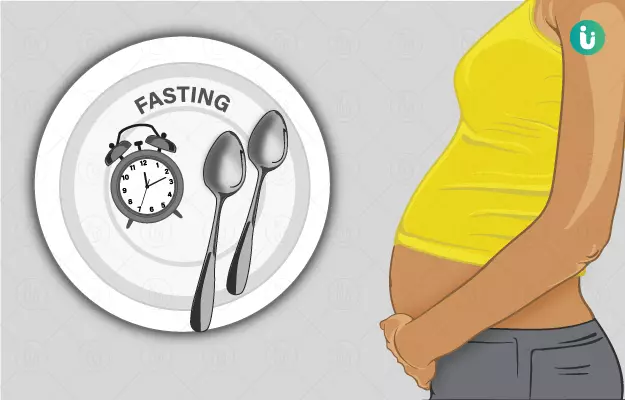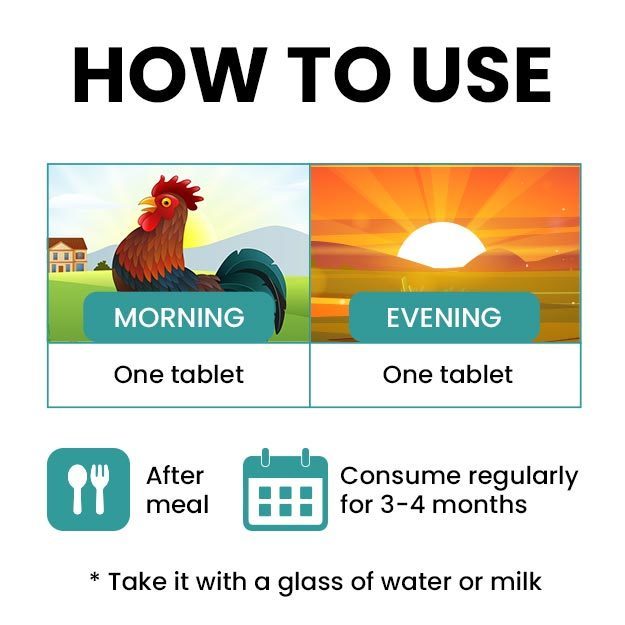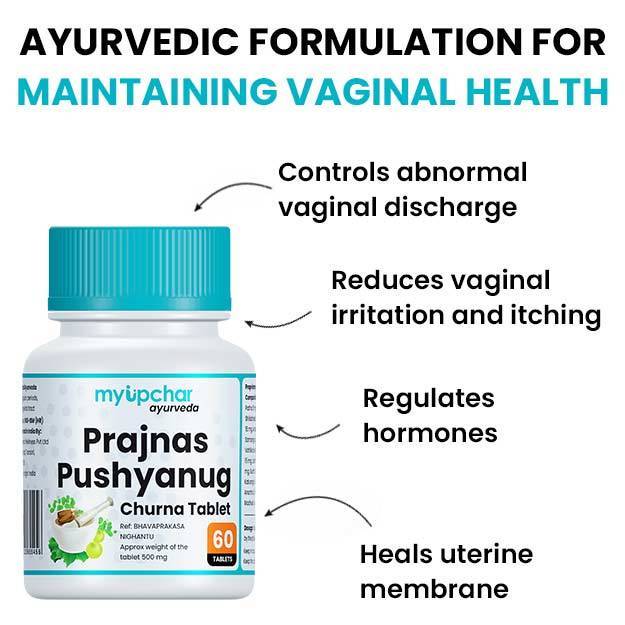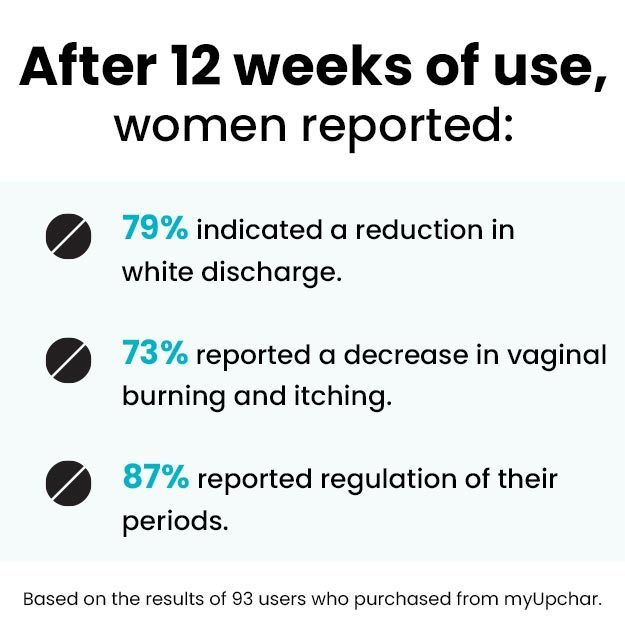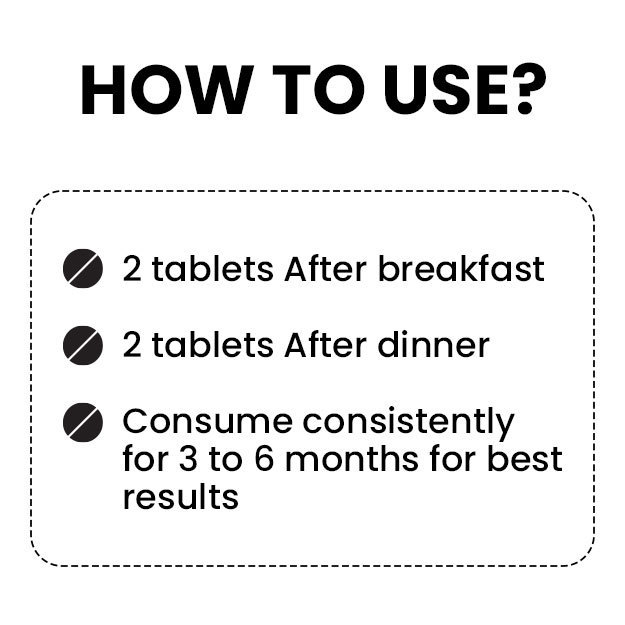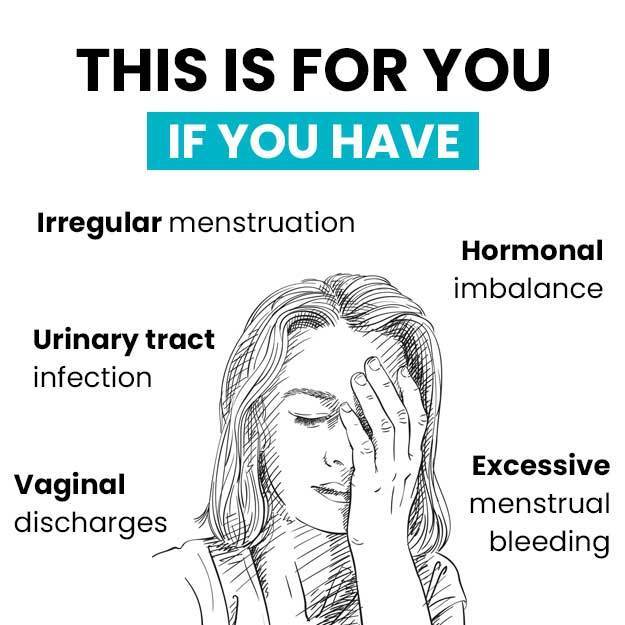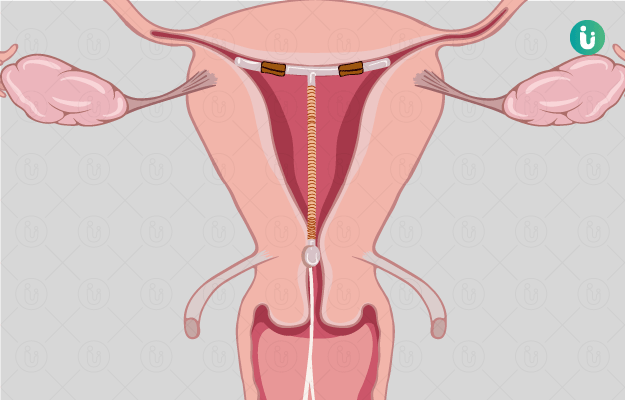A lot of research has been done on fasting during pregnancy, but scientists have not yet been able to reach any conclusion. The reason for this is that the effect of what women expect from fasting is not known until the birth of the child and hence no clear conclusion has been reached yet.
Fasting depends on a woman's religious allegiance or personal beliefs. Shivaratri, Teej, Karva Chauth, Ramzan, Roza etc. are some of the festivals in which fasting is very common and these definitely come at least once during the nine months of pregnancy. If your pregnancy is going on normally, and you get energy from fasting, then you can keep fast according to your religion.
If you want to fast during Ramzan, Roza or Navratri, then you need to be more careful as these are long-lasting fasts. Fasting is also affected by the weather. For example, fasting in summer can cause dehydration. In this article, you have been told about how to fast during pregnancy and some precautions to be taken.
(Read more - How To Take Care During Pregnancy)

